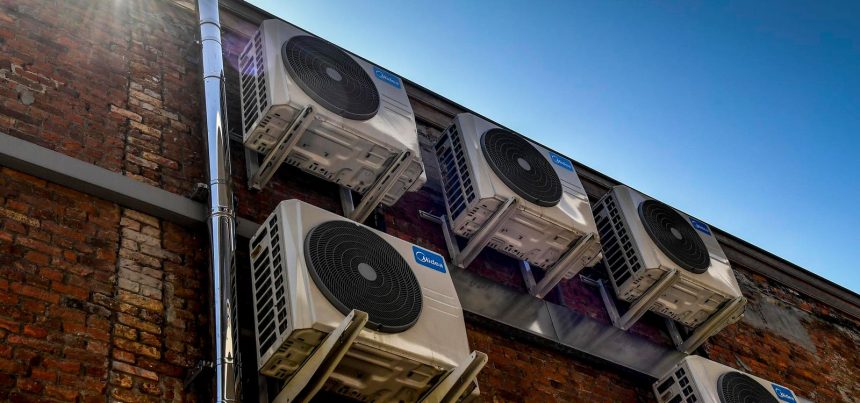Shares of Hudson Technologies (HDSN) remain depressed following the May 1 release of first-quarter results that revealed that depressed prices for hydrofluorocarbons (HFCs) may pressure the refrigerant reclaimer’s results for several more months. The shares crested near $15 in February but fell to under $10 before the earnings report and are now hovering closer to $9.
Even though higher carbon-credit sales and increased service projects helped Q1 revenue of $65.3 million come in $2 million above the $63.3 million consensus, lower-than-expected selling prices—which were down 20% year-over-year—and the anticipated reduction in revenue from the company’s contract with the Defense Logistics Agency resulted in earnings of just 20 cents per share that only met Wall Street’s projections.
Weighing on sentiment was a revelation by CEO Brian Coleman—citing data from the U.S. Environmental Protection Agency—that massive imports of virgin HFCs in 2021 and 2022 had created a stockpile in advance of production cuts that went into effect this year. This inventory, which Coleman said in response to a question on the company’s Q1 earnings call is estimated to amount to about a half year’s industry supply, is likely to keep a lid on pricing for several months.
Hudson Technologies (HDSN) is one of the stocks recommended in our market-beating investment newsletter, Forbes Investor. To discover more undervalued gems with significant upside like HDSN, try Forbes Investor for FREE.
If HFC prices remain at currently depressed levels for the balance of the 2024 selling season, Coleman said, HDSN thinks full-year revenue would be $250 million to $265 million, significantly lower than the $277.3 million analysts are projecting, and gross margin would fall below the company’s 35% goal.
Yet I find it highly unlikely that prices would not firm up as we get farther into the traditional cooling season. That’s even truer when you consider that as legislated in the American Innovation and Manufacturing Act of 2020 a regulation issued by the EPA in July mandates a 40% baseline reduction in virgin HFC production and consumption allowances starting this year and that the EPA is also set to finalize a proposed rule that would be the first federal requirement for the mandatory use of reclaimed refrigerants. Moreover, with various proposed state laws containing reclaimed refrigerant mandates that are even more stringent than the federal rule, the drivers of the strong growth I was expecting to see for HDSN over the next few years remain firmly in place.
I believe this heightened regulatory and reporting environment will also drive consolidation in the refrigerant recycling industry as some of HDSN’s competitors may find it difficult to comply with upcoming requirements. That could result in attractive acquisition opportunities with the potential to add to earnings and cash flows right away. More importantly, with the company’s strong free cash flow production in 2023 having left it with zero debt and cash of $10.6 million, and with FCF likely to remain strong in 2024 even with the lower earnings expected, HDSN has the financial heft to take advantage of opportunities if they emerge.
These are the biggest reasons why the company remains optimistic that it will see increased demand as it heads into the heart of its nine-month selling season and for margins to improve as the prices for reclaimed refrigerants inevitably climb once the virgin HFC stockpile is worked down. When you couple this with the current low prices that provide HDSN with the opportunity to replenish its inventory with lower-cost refrigerants that could potentially be sold at much higher prices next year, I’m surprised by the post-earnings weakness in the company’s shares and don’t expect it to last long.
Julius Juenemann, CFA is the equity analyst and associate editor of the Forbes Special Situation Survey and Forbes Investor investment newsletters. Hudson Technologies (HDSN) is a current recommendation in the Forbes Investor. To access this and the other stocks being recommended through the Forbes Investor, click here to subscribe.
Read the full article here
















